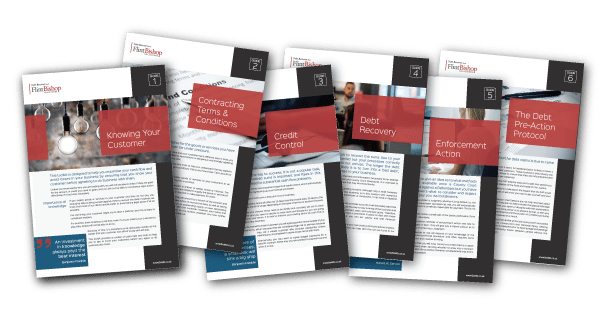In his final report in the summer of 2016, Lord Justice Briggs recommended the introduction of an Online Resolutions Court (‘Online Court’) for cases up to a value of £25,000. The Online Court would look to actively resolve disputes in the best available method and there would be an emphasis on alternative dispute resolution. Cases being issued in the Online Court would follow a three-stage process, with the aim of settlement prior to trial.
The report notes that every year eBay resolves 60 million disputes online between small traders through their dispute resolution system. Utilising this in the digital age could help the court service to resolve tens of thousands of cases a year, leading to less expense for the parties involved and less time taken up in Court.
Stage 1:
- This will be a mostly automated process and designed for the parties to gather information and understand each other’s cases.
- Documents and other evidence that will be required by the Court to reach a resolution will be uploaded by the parties.
- Guidance would be given to parties regarding the information they are required to provide.
Stage 2:
- Dispute resolution is the focus of this stage and the cases will be helped along the process by allocated Case Officers.
- There will be a service available akin to the current small claims mediation service, but with the addition of extra opening hours recommended.
- For the higher value claims, this model may not be the most appropriate form of dispute resolution, so other choices will be available.
- The parties will be assisted in making their decisions by experienced and judicially trained Case Officers.
Stage 3:
- Formal determination by a District or Deputy District Judge.
- The trial can be conducted on the papers, over the telephone, by video or face-to-face hearings at the Judge’s discretion.
- Any ruling handed down at this stage would be as enforceable as any courtroom judgment.
The report envisages that most cases will settle within stage one or two. The aim of the Online Court will be to reduce costs to litigants and assist them in either conducting a case themselves or with more limited use of Lawyers. One of the key features is likely to be the increased flexibility of this process and the pragmatic, helpful approach of Case Officers.
For large commercial businesses, this could result in cases being handled in-house, saving on legal fees. At the very least, the process will be more simplistic which will, in turn, mean Solicitors can offer their services at reduced costs.
There are likely to be rules implemented surrounding recoverability of costs for the Online Court. It is thought that they are likely to be akin to that of the small claims track. This will further encourage businesses to consider conducting their own litigation, as costs recovery may be limited to fixed costs only, which will be a very limited sum compared to the value of the claim.
It is hoped that the introduction of the Online Court, which will be piloted before being rolled out across the country, will help the UK to catch up with Holland and Canada, who have notably more advanced Court systems. One improvement that we will certainly see with a new system, is the removal of so much paper from the Court process and increased use of electronic communication and filing.
Importantly, for many Court users, there should be a general reduction in the delay often suffered in running cases through the Courts. At present, it can take weeks to have claims issued, judgments processed, hearings listed. We are all aware that debt recovery is easier when debts are warmer, but the Court system does not lend itself to speedy processes.
The reality is that a lot of IT developments will need to be invested into the Court system before the trial can take place. But it is a step in the right direction to streamlining processes and making it more cost effective and efficient to issue claims under £25,000.
Of course, the quickest way through the debt recovery process is not to involve the Courts at all where it can be avoided. Our processes are designed to ensure maximum recoveries before the need for Court proceedings, which increases cash flow and reduces delays and expenditure.
The Online Court could be a welcome addition to the Court system for those few cases that we do issue for our clients, provided that it is set up properly and its processes are efficient and user-friendly.
“Over the past fourteen months, our experience of working with Flint Bishop has been extremely productive, with our cases handled professionally by their experienced team. Their fast, efficient turnaround of our requests has resulted in 93.5% of cases being resolved without the requirement to progress through litigation or court, thus keeping our legal costs to a minimum.”
Alison Martin
Marley, AR Manager – Shared Services
For more information, please contact us on 01332 226 474 or email: .
|
|


